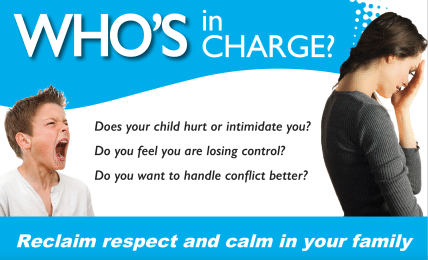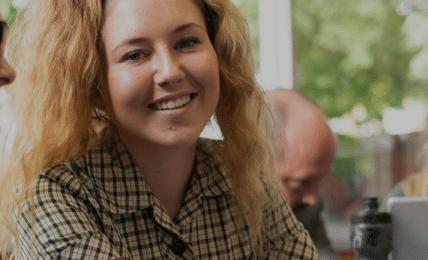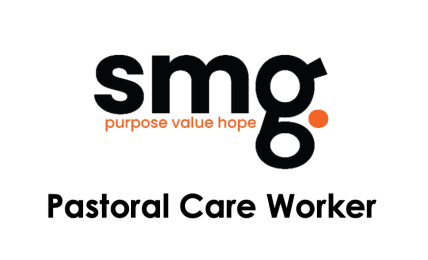As we begin Term 4 many students may begin to feel fatigue setting in. During this time of year, it is not uncommon for motivation, performance and school attendance to slip. Students can feel more exhausted, irritable, less inspired and creative in their school work than usual.
Students can avoid becoming fatigued, stressed and burnt-out or overwhelmed by assessing their own wellness and proactively seeking means to reduce fatigue, stress and burn-out.
Fatigue, stress and burn-out symptoms are manifested in much more than just tiredness and feeling like a student can not attend another class. In particular, burn-out can cause real, psychosomatic problems such as headaches, insomnia and depression, which is why it is
It’s important to take the time for self-care, to care for our emotional, mental, physical and social wellbeing.

Forms of self-care
- Physical self-care
Getting regular check-ups, eating a healthy and a varied diet of home-prepared meals, getting regular exercise at least three times a week, stay hydrated, and sleeping 7-9 hours per night are all important ways to combat physical stress on the body and ward off illness. Studies have shown that time spend in nature can reduce stress levels so spend some free time in some greenery!
- Mental and emotional self-care
Recognizing and regulating our emotions, allowing time for breaks, prioritizing our energy, maintaining a school/life balance and setting boundaries for ourselves are all vital to maintaining a healthy mental state — thus bolstering our resilience to stressors. Do the things you love to do throughout the week, not just on weekends.
Caught up in the busyness of life, often we forget what we are thankful for and instead focus on the negative stuff that happens such as struggling with school work or receiving a bad grade. Focusing on the negativity can completely ruin our mood and state of mind and in turn can make us lack motivation and drive to continue to do our work.
A helpful way to combat this feeling is creating a gratitude journal to remember all that we are thankful for and our successes. For example, when we do well on a project, learn a hard topic, or even help out a friend. Also, things we are grateful for that are unrelated to school like our family and friends.
- Social self-care
Relationships matter and taking the time to nurture loving and supportive relationships, making time for social activities and staying in touch with friends, family, and our communities can provide important grounding moments and provide the energy we need to thrive emotionally and academically.
- Academic self-care
Self-doubt can be one of the strongest means of school learning self-sabotage. Maintaining a growth mindset, accepting mistakes as part of the learning process, finding value in learning new things, and setting (and celebrating the accomplishment of) both short- and long-term learning goals can help banish these obstacles.
Develop positive relationships with teachers and classmates so it does not feel like a chore going to the classroom.
Seek Help
If a student is feeling fatigued, stressed or burnt-out, emotions bottle up and the angst to dismiss our responsibilities grows.
It means it is time to make positive changes.
We need to learn to manage our stress levels and make big changes to reverse fatigue and stress.
If feeling stressed, don’t avoid school, the classroom and/or school work. Reach out to your teacher and the Wellbeing Hub for support and guidance. Talking with a trusted adult allows us to release the emotions and express how we feel. Together we can then find a solution for the overwhelming feelings we may have.
Student Voice Hub
Talking to others should never be something to be afraid of, but rather a solution to help relieve the feelings that being fatigued, stressed or burnt-out brings.
Our Social Worker Kelly Brockman and Youth Worker Benny Rice are working with The Brocas Youth Community Centre to develop a ‘Student Voice Hub’.
Sometimes students experience many difficulties and challenges related to school, learning, engagement and attendance. The purpose of the ‘Student Voice Hub’ is to hear and learn from students about their thoughts, opinions, experiences and concerns; and to assist in developing creative ideas and programs around positive changes to improve school and students’ experiences.
The ‘Student Voice Hub’ sessions will be held during Term3/Term 4 in a relaxing and safe environment at The Brocas Youth Community Centre which is next door to the school. Light snacks will be provided.
“At Woodville High School we live by our motto, Ad Astra Per Aspera – to Reach for the Stars. We strive for excellence in everything we do. We aspire for all our students to be the very best they can be and to embrace their innate gifts so that they can thrive within their communities and as global citizens”.
Every student’s voice is very important to us.
If your child is interested in participating in these sessions, please email Kelly (kelly.brockman2@sa.gov.au) to place your expression of interest.
School Attendance & Engagement Reminder
Being at school, every day, supports students’ social, emotional and physical wellbeing while providing opportunities to learn and achieve.
Showing Up Matters for R.E.A.L.
As we near the end of Term 2 and enter into school holidays, here are some reminders to prepare and support your teen for a successful Term 3:
Maintain Routines
- Routines at home can assist teens to feel safe and secure, and provide stability.
- Having a regular bedtime can help set teens body clock so their body ‘knows’ when it is time to sleep.
- Having an important job to do in their daily routine (i.e. feeding and walking the dog) can assist teens to develop a sense of responsibility
- Make study time part of your teen’s daily routine.
- Routines can assist teens to develop basis work skills and time management.
Increase Engagement
- Support homework expectations by avoiding distractions such as phones, TV, gaming and social media etc.
- Check in time to time to make sure that your teen has not become distracted
- Regularly sit with your teen to go over class loads and make sure they are balanced and well support them to stick to the homework schedule.
- Encourage your teen to ask for help at school when it is needed and/or make a time to meet with your teens teacher and Year Level Coordinator.
- Take school attendance seriously. If your teen is having issues beyond learning, speak to their teacher about making a time to speak to a Wellbeing Leader.
Access to Resources
Become familiar with the Woodville High School Website to access information and support including:
Attendance Policy
Mobile Phone Policy
Countering Bullying and Harassment
Grievance Guideline
Wellbeing Hub
School TV – Wellbeing resources
Parent Calendar
Daymap for Parents
School Newsletter
Learning Support
- Value education and show that you do.
- Show interest in your teens school life by talking to them daily about school, learning tasks and friendships etc.
- Talk to your teen about aspirations and expectations towards future achievements.
- Ensure your teen gets ample sleep.
- Keep connections and communication open with teachers.
- If your teen is struggling with their subjects and/or beginning to disengage from their learning, contact their teacher to make a time to discuss learning strategies and supports options.
The school has a Social Worker on site to support families and young people who are struggling with school attendance and engagement. Please contact your teens teacher to arrange an appointment.
Websites:


